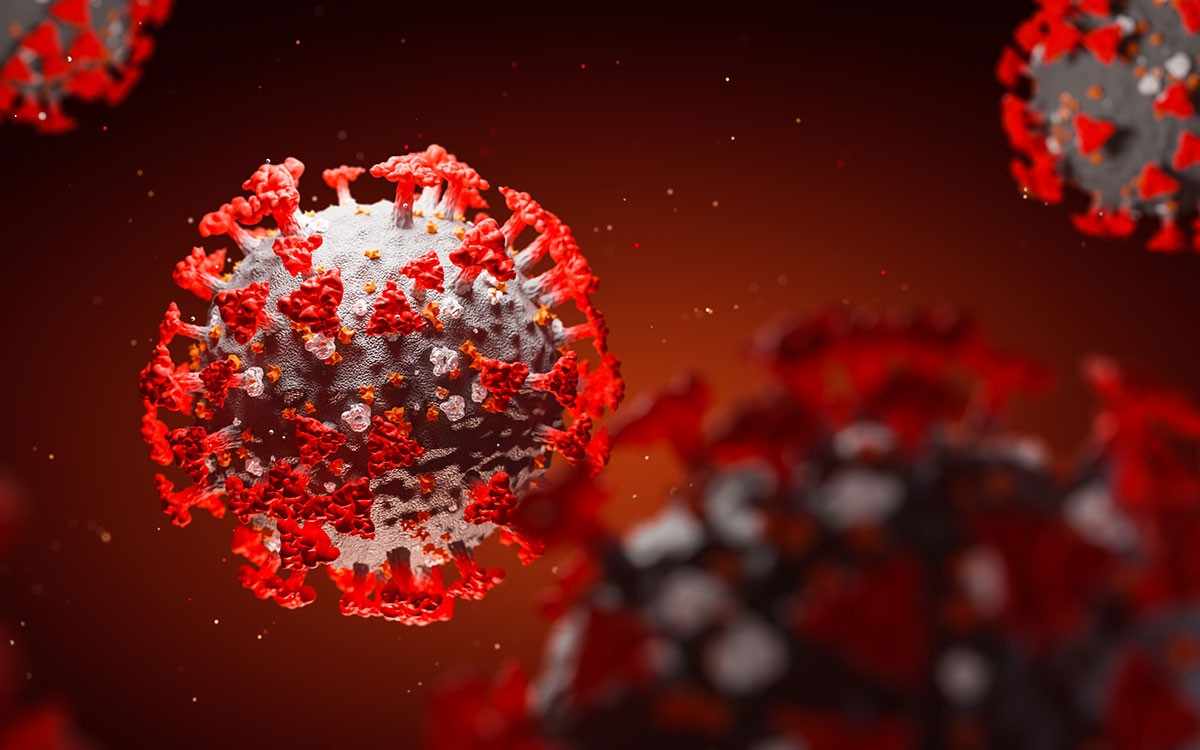Update 2/16/2021:
The Sierra Club has extended our current COVID-19 operational response through July 4, 2021. This means all national, chapter and shared offices will remain closed, with rare exceptions for urgent business continuity needs. Travel, in-person meetings, public events and outings will remain on hold through at least July 4, 2021 as well.
Update 8/18/2020:
The Sierra Club has extended its COVID-19 operational response through Sunday, February 28, 2021. This means all national, chapter, and shared offices will remain closed, with rare exceptions for urgent business continuity needs. Travel, in-person meetings, public events and outings will also remain on hold through at least February 28.
Update 4/8/2020:
The Sierra Club has extended its current COVID-19 status through Sunday, June 14. There will be no travel, no in-person meetings, no public events, and no outings through this date. Sierra Club offices are functionally closed, with access limited only to rare and essential needs.
Update 3/26/2020:
The Sierra Club and over 500 allies have been advocating for policy that aligns with five principles for a just stimulus. Here's how the $2.2 trillion coronavirus bill passed by the Senate measures up.
Update 3/25/2020:
Much gratitude to the many members of the Sierra Club community who have already donated to national COVID-19 relief efforts run by the National Domestic Workers Alliance, Feeding America, No Kid Hungry, and more. We’ve heard from smaller, local organizations that our volunteer leaders, organizers and chapter staff partner with that they too need help supporting families and individuals struggling to survive these unprecedented times. Can you pitch in to help these vital groups serving some of our most vulnerable neighbors?
------------------------------------------------
Lee este artículo en español aquí.
As we all begin to deal with a global pandemic, I want to let you know how the Sierra Club is adapting and responding, so we can keep doing the important work of protecting our natural environment and fighting for a just, clean energy future.
First, we’re prioritizing the health of our volunteers, activists, staff, and entire community. The COVID-19 pandemic is a social and economic justice issue, as well as a health crisis. Protecting our community is our number one priority, and we recognize that we have a social responsibility to be good actors in keeping others safe, too.
Here are some specific steps we’re taking:
-
We are requiring all nonessential staff and volunteers to work from home between now and April 12th;
-
We are suspending all Sierra Club planned events of any size for the next month, including all volunteer and staff in-person meetings; and,
-
We are drawing down Outings across the organization, and more specific guidance and planning will be issued next week.
While we may not be able to meet up in public, we are continuing to build a strong community of changemakers online. Please keep following us on Facebook, Twitter, or Instagram for your daily dose of inspiration, reliable information, and activism. You can also join our Resist Facebook group to connect with other activists creating a community of positive social interaction focused on protecting the environment. You can also subscribe to our Daily Ray of Hope for uplifting and inspirational pictures and quotes.
I also want to acknowledge that this crisis is impacting all of us in different ways. Many of us are processing feelings of fear, isolation, confusion, anger, and sadness around this pandemic, and how it is being handled by a reckless administration that puts vulnerable communities last. In the past few weeks, I’ve been angered by accounts of racism and harm experienced by those identifying as Asian, Asian-American, and Pacific Islander. I encourage you to put yourself in other people’s shoes and engage with sensitivity and care.
This crisis shows how deeply we depend on one another to act for a greater common good. While social distancing may be necessary at this time, it is also increasingly necessary for us to come together to work through this crisis. While some will try to use this time to demagogue and sow distrust and fear, we need to overcome that by creating real community and trust and listening to experts and science.
In this frightening, uncertain moment, we must take care of ourselves and our beloved communities -- so we are able to keep up the fight for the places and people we care about most deeply.
Below are some other resources for dealing with COVID-19:
-
The World Health Organization has advice for the public here.
-
Resources for COVID-19 - A list of crowdsourced links covering a variety of COVID-19 preparedness materials, including information, tips for handwashing and social distancing, tips for how to help yourself and others, prioritize your mental health as well as physical, and how to organize in this environment.
-
How canceled events and self-quarantines save lives, in one chart - Why it’s necessary to practice social distancing to protect those most vulnerable and prevent a strain on our healthcare system.
-
Transformative Spaces: Demands from Grassroots Organizers Concerning COVID-19 - Written by Kelly Hayes, this is a list of demands for dealing with the crisis. Kelly is a queer Native writer, organizer, and movement photographer.
-
Treating Yellow Peril: Resources to Address Coronavirus Racism - A resource from University of Connecticut Associate Professor of History and Asian American Studies Jason Oliver Chang.
-
Resources from adrienne maree brown - Links to the author’s books and podcasts that are relevant: “Here are some resources that might help you think about where to be, how to be, and how to see the possibilities even in this moment, how to move towards life.”
-
Toolkit: Plan Now to Adapt to Coronavirus Safety - A resource created by David Solnit.
-
Finding Steady Ground - A resource to remind us about behaviors to keep us grounded during turbulent times.
